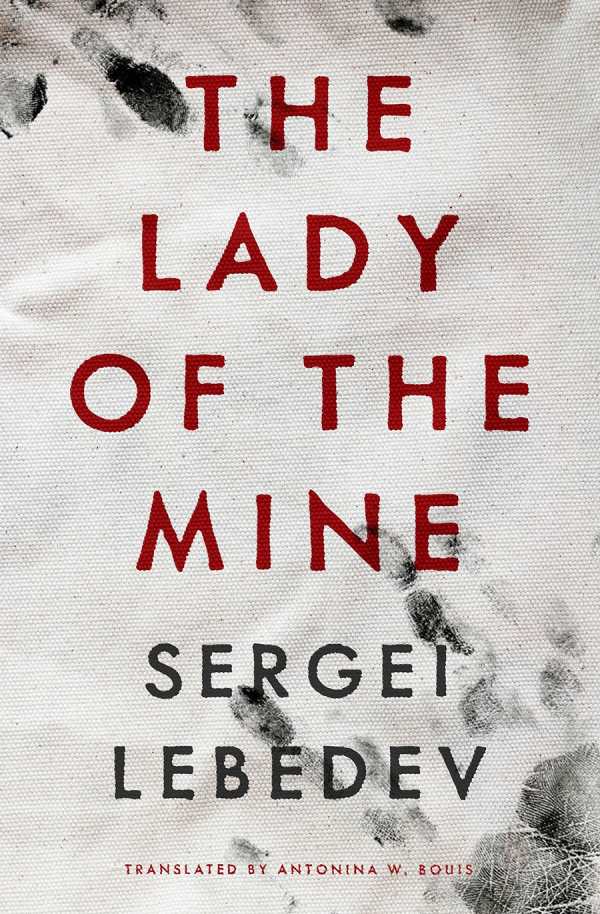The Lady of the Mine
In Sergei Lebedev’s harrowing novel The Lady of the Mine, murdered souls buried in an abandoned Ukrainian coal mine haunt the country’s emerging conflict with Russia.
In 2014, Zhanna leaves college to care for her ailing mother, Marianna. An expert laundress, Marianna is renowned for her ability to purge the worst stains; her skills are akin to mystical powers. As the “White Lady,” Marianna’s presence was rumored for decades to have kept “doom at bay” while purifying past Nazi and Soviet evils. Yet with the encroachment of Russian forces in Ukraine, Marianna succumbs to the inevitability of turmoil, disease, and her own death.
The book contrasts enduring, purifying Marianna with toxic, virile Valet, Marianna and Zhanna’s neighbor. Though Valet feigns affection for Zhanna, he plans to rape and perhaps kill her. He takes pride in his adopted Russian citizenship and military service; his commanding officer helms a unit of occupiers amid a climate of surveillance, infiltration, and “undeclared war.” And when a commercial airline flying overhead is accidentally shot down by a Russian missile, Valet steals a gold lipstick case from the nightmarish debris while becoming aroused by a woman’s prone, “submissive” corpse.
In the background is the local mine, once a site of economic dominance and toxic emissions. And within the mine’s secret shaft are thousands of calcified, compacted bodies: Jews executed by the Nazis, shooting victims of “the Bolsheviks,” and other murdered hostages, labor strikers, and prisoners. The spectral voice of “The Engineer,” the mine’s Jewish architect, recounts the histories of those killed; he claims not to be a ghost, but more of “a fossil” within a “stratigraphy” of horrifying violence.
With poetic intensity and unflinching imagery, the historical novel The Lady of the Mine reveals obscured atrocities while creating hellish landscapes of the past and present.
Reviewed by
Meg Nola
Disclosure: This article is not an endorsement, but a review. The publisher of this book provided free copies of the book to have their book reviewed by a professional reviewer. No fee was paid by the publisher for this review. Foreword Reviews only recommends books that we love. Foreword Magazine, Inc. is disclosing this in accordance with the Federal Trade Commission’s 16 CFR, Part 255.

